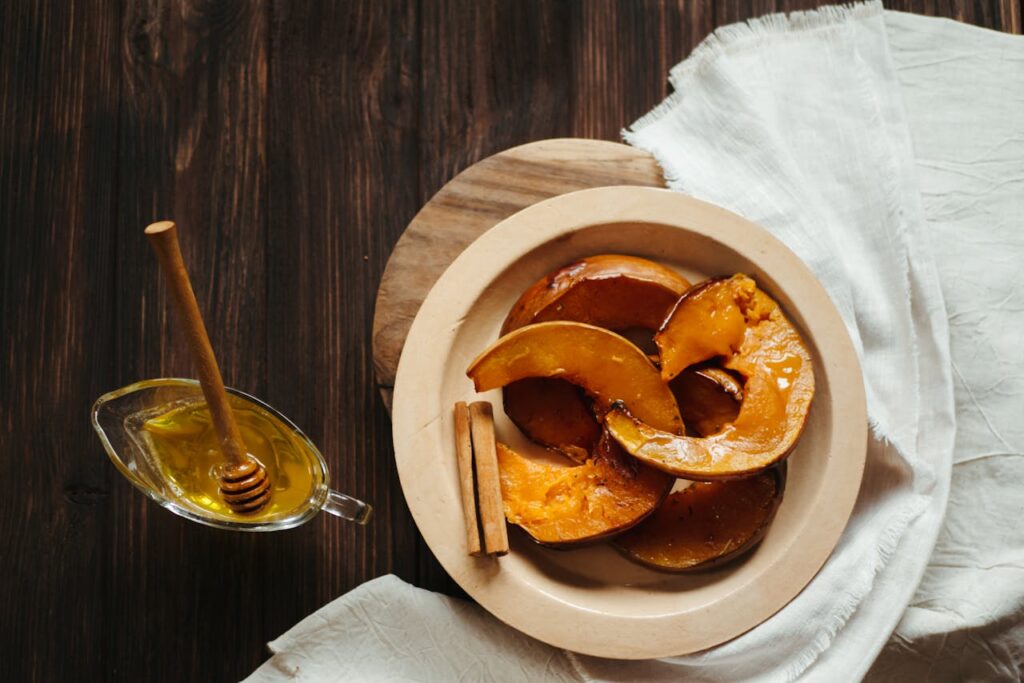
Why do we react to pop science promoters? By that, I mean diving into fad diets that offer negligible results or worse are harmful. One of the most important is the gluten-free (GFD) diet craze that some Americans believe makes them healthier. I hate to break it to believers, but the grocery and food industries are getting rich on these products. These same industries spend billions of dollars marketing products to people who don’t have Celiac Disease or other gluten-sensitive disorders. In fact, if we’re healthy, eating a GFD diet can cause a nutritional deficit. If you don’t believe me, check with a nutritionist who’s not a stakeholder in pushing diet or food-related products.

Next time you go to the grocery store, check out the shelves of GFD products, and you’ll see the extent of the GDF fairy tale. No wonder people believe they need this diet.
According to an article in the National Institutional of Health (NIH), Health Benefits and Adverse Effects of a Gluten-Free Diet in Non–Celiac Disease Patients, the rapid rise in the popularity of GFD and gluten-free foods has been driven by multiple factors, including social and traditional media coverage, aggressive consumer-directed marketing by manufacturers and retail outlets, and reports in the medical literature and mainstream press of the advantages related to gluten avoidance. People without gluten sensitivity have embraced a GFD due to perceived brain health benefits, or because of a belief that gluten ingestion leads to harmful or bothersome effects.

It’s not just GFD diets that are worrisome: nutritional supplements are being touted as a means of staying young, avoiding chronic disease, losing weight, and lowering or eliminating harmful substances from the body, among other claims. Yet, there is no proven consumer benefit to many of them; they enrich manufacturers to the tune of billions of dollars a year. One product that comes to mind is the fruit and vegetable powder extracts in capsules that claim to supply the necessary vitamins and minerals one would receive from fresh fruit and vegetables. Because they are made from dried fruits and vegetables, some important nutritional content like fiber is lost. Greens powders are not a substitute for a well-balanced diet and cannot replace the nourishment we get from consuming whole foods.
That said, I hedge my bets in staying healthy by maintaining a good diet (notwithstanding the occasional bag of potato chips), and taking the usual women’s supplements, including a multi-vitamin, calcium with Vitamin D, and fish oil, daily. Many medical professionals believe there is some merit to the Omega-3 fatty acid found in fish oil that could maintain brain health, especially capsules containing the orange-colored oil extract from salmon.
My biggest concern is that the Food & Drug Administration (FDA) doesn’t have the authority to approve dietary supplements for safety and effectiveness, or to approve their labeling before they are sold to the public.
Before we start any diet or try a new supplement, we should check with a medical professional or our doctor to ensure that we really need it and that it doesn’t compete with medications we’re already taking.

We want to hear from you, so feel free to share tips, ideas, and resources for seniors with Grannybooster. Email me, Maris Somerville, at [email protected]


Leave a Reply